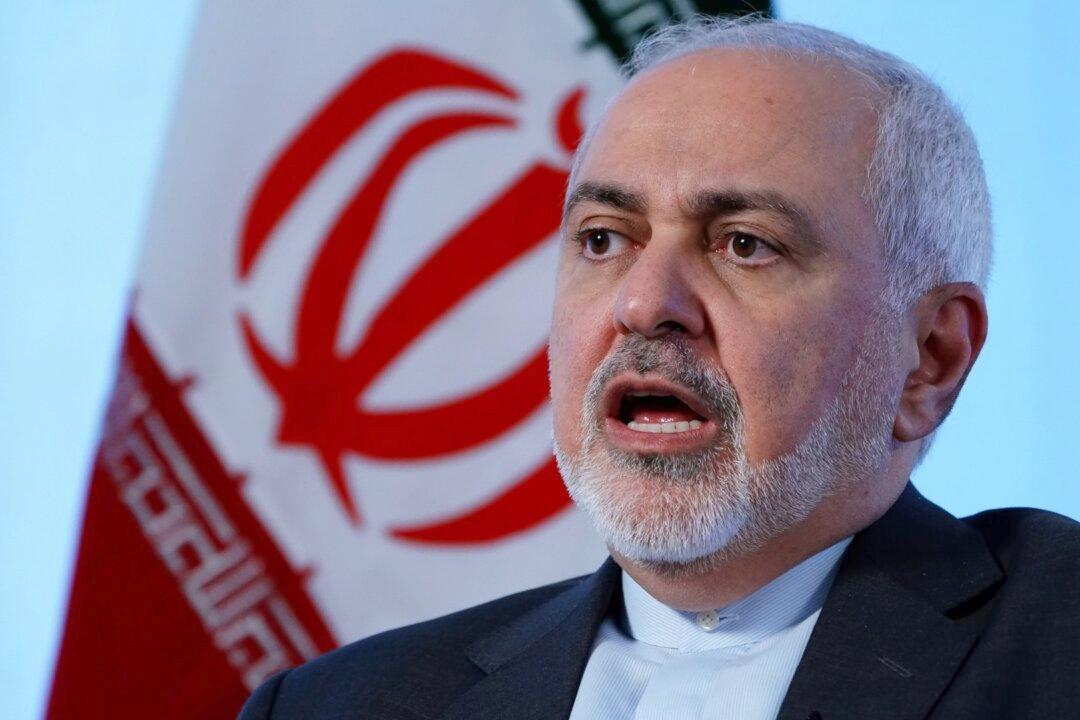DUBAI/VIENNA—Iran has breached the limit of its enriched uranium stockpile set in a 2015 deal with major powers, Foreign Minister Mohammad Javad Zarif said on Monday, according to the ISNA news agency, defying a warning by European co-signatories to stick to the deal despite U.S. sanctions.
Zarif confirmed that Iran had exceeded the relevant limit of 300 kilograms (660 pounds) of uranium hexafluoride (UF6), but Foreign Ministry spokesman Abbas Mousavi said Iran’s steps to decrease its commitments to the nuclear deal were “reversible.”





